The Ministry of Power has announced a record high of 5,313 megawatts in Nigeria’s power generation as of 3rd September 2024. This marks the first time in three years that the national grid has achieved such a milestone. Though far from enough in comparison with Nigeria’s need for 30,000 to 40,000 megawatts, the ‘feat’ is still a significant boost from just above 2000 megawatts since the past two years. South Africa has five times smaller population figures than Nigeria, yet it produces more than 44,000 megawatts of electricity.
In the last six years, from 2017 to 2023, the International Energy Agency (IEA) stated that Nigeria’s national grid has experienced 46 collapses, leading to blackouts across the country. Reports also show that since 2015, Nigeria’s national power grid has faced a total of 206 collapses, with 2024 alone recording seven collapses.
Join our WhatsApp ChannelThe latest upsurge in power production development should therefore not only improve grid stability, but also reduce over-reliance on generators, lessen environmental emissions, boost economic activities, and restore trust in a government that promised 6,000 megawatts by the end of 2024.
Power Generation Minus Distribution = Continued Grid Collapse
In a surprise twist, the ministry of power announced that it feared another national grid collapse despite the rise in power generation. Why would the power-generating companies fear a system collapse even after achieving a record power generation of over 5,000 megawatts? The answer is straight. The Minister of Power, Adebayo Adelabu, noted in a statement that if the generated power is not adequately distributed, it could lead to instability and frequent collapses in the national grid. Therefore, even if government achieves its promise of 6,000 megawatts by the end of 2024, instability will persist Nigeria, because it will not stop the collapse of the national grid.
Who is to Blame?
The Nigeria Electricity Regulatory Commission has consistently attributed some of the reasons for instability to vandalism and aged infrastructure, stating that it has continued to monitor the situation. Why is the infrastructure aged? Who is vandalising it? According to the Electricity Act of 2023, it is the duty of the Transmission Company of Nigeria (TCN) and the distribution companies to maintain power infrastructure.
The National Integrated Electricity Policy mandates the Federal Ministry of Power to oversee the development of the power sector, including infrastructure. It is fair to say that if vandalism and aged infrastructure continue to cause havoc in the power sector, the ministry’s leadership, duties, and obligations have failed.
Could a lack of funds be part of the problem? What about the Rural Electrification Agency (REA), which was created by the Electric Power Sector Reform Act in 2006 and is responsible for implementing the Nigeria Electrification Project?
READ ALSO: Power: Nigerians In Dilemma Of National Grid Collapse And High Fuel Cost
The REA is directly connected to and involved in expanding electricity access in Nigeria. Since the inception of Nigeria’s Green Bond programme, REA has utilised funds from it, particularly for the Energizing Education Programme (EEP), which is being implemented under the NEP. This demonstrates the government’s commitment to leveraging green finance to drive renewable energy adoption and sustainable development across the country. The Green Bond Programme was launched in 2017 to finance environmentally sustainable projects to mitigate climate change. Like the GPB, government also launched the EEP in 2017 to boost power supply and infrastructure to educational institutions across the country.
However, in the last three years, multiple cases of significant fund misappropriation involving officials from the REA have emerged. One prominent case began in March 2023 when the Independent Corrupt Practices and Other Related Offences Commission (ICPC) launched an investigation into allegations of fraud involving around N1.835 billion. This investigation implicated four REA employees, including Umar Musa Karaye and Emmanuel Titus, who were accused of misappropriating funds under the pretense of supervising projects. They were subsequently arraigned in court on 13 June 2024, where two of them were remanded in custody as the case progressed.
Another significant development occurred on 7 March 2024, when the REA’s managing director, Ahmad Salihijo Ahmad, along with three executive directors, was suspended due to allegations of misappropriating N1.2 billion. The Economic and Financial Crimes Commission (EFCC) initiated an investigation that revealed numerous instances of fraud, including unauthorised payments and a lack of transparency in financial operations. This inquiry uncovered that senior officials had diverted funds under the guise of various projects, including a training initiative. Despite changes in leadership at the REA by the current administration, these recent incidents demonstrate that corruption and mismanagement continue to be pressing issues with power distribution, not just the need for power generation.
Dr Mbamalu is a Jefferson Fellow, member of the Nigerian Guild of Editors (NGE) and a renowned Publisher.
Dr. Marcel Mbamalu is a communication scholar, journalist and entrepreneur. He holds a Ph.D in Mass Communication from the University of Nigeria, Nsukka and is the Chief Executive Officer Newstide Publications, the publishers of Prime Business Africa.
A seasoned journalist, he horned his journalism skills at The Guardian Newspaper, rising to the position of News Editor at the flagship of the Nigerian press. He has garnered multidisciplinary experience in marketing communication, public relations and media research, helping clients to deliver bespoke campaigns within Nigeria and across Africa.
He has built an expansive network in the media and has served as a media trainer for World Health Organisation (WHO) at various times in Northeast Nigeria. He has attended numerous media trainings, including the Bloomberg Financial Journalism Training and Reuters/AfDB training on Effective Coverage of Infrastructural Development of Africa.
A versatile media expert, he won the Jefferson Fellowship in 2023 as the sole Africa representative on the program. Dr Mbamalu was part of a global media team that covered the 2020 United State’s Presidential election. As Africa's sole representative in the 2023 Jefferson Fellowships, Dr Mbamalu was selected to tour the United States and Asia (Japan and Hong Kong) as part of a 12-man global team of journalists on a travel grant to report on inclusion, income gaps and migration issues between the US and Asia.

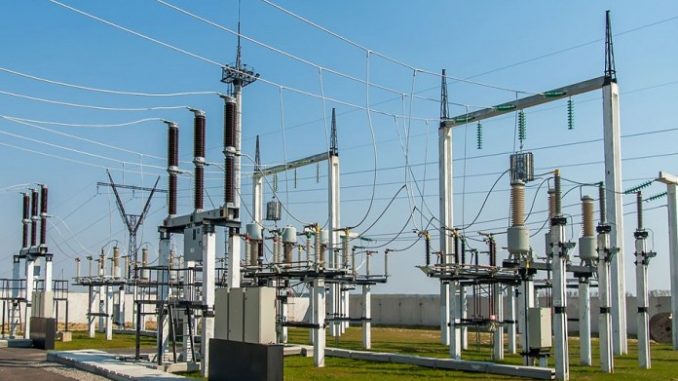


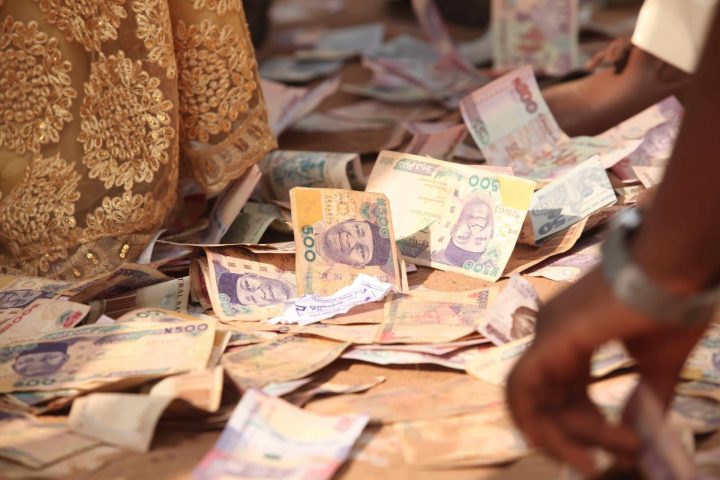
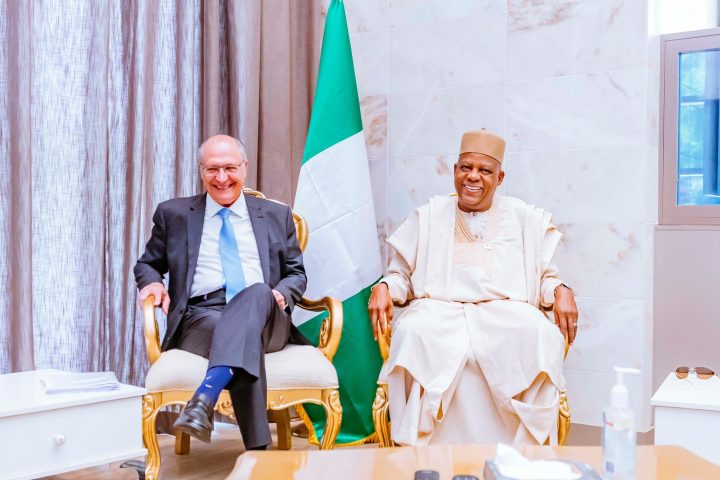









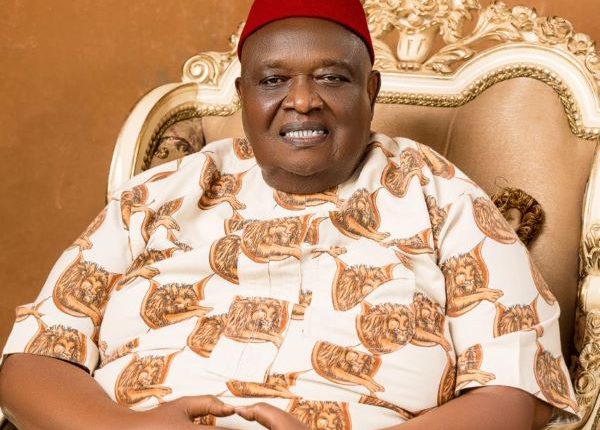

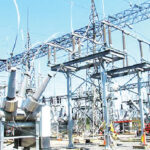
Follow Us